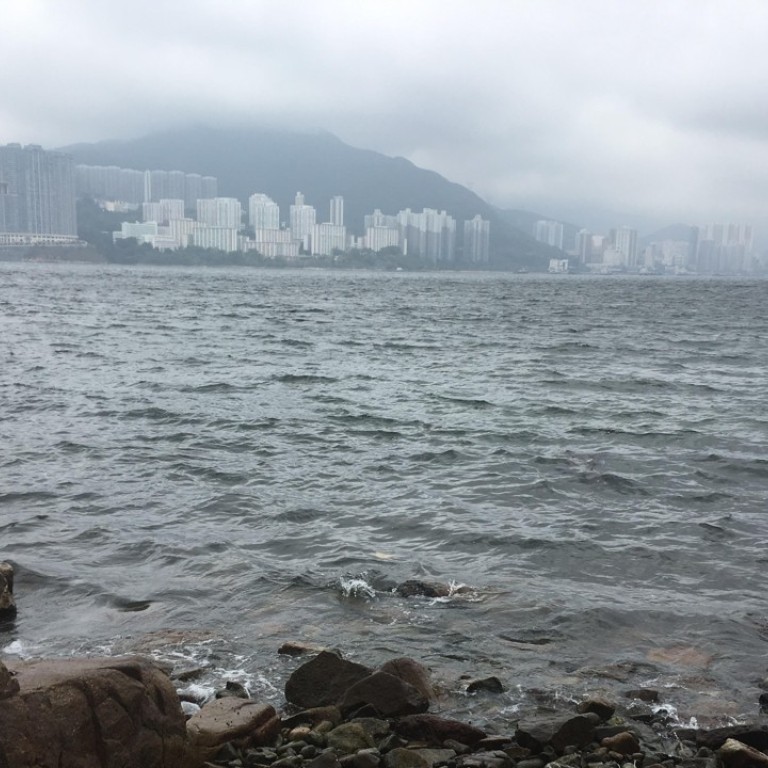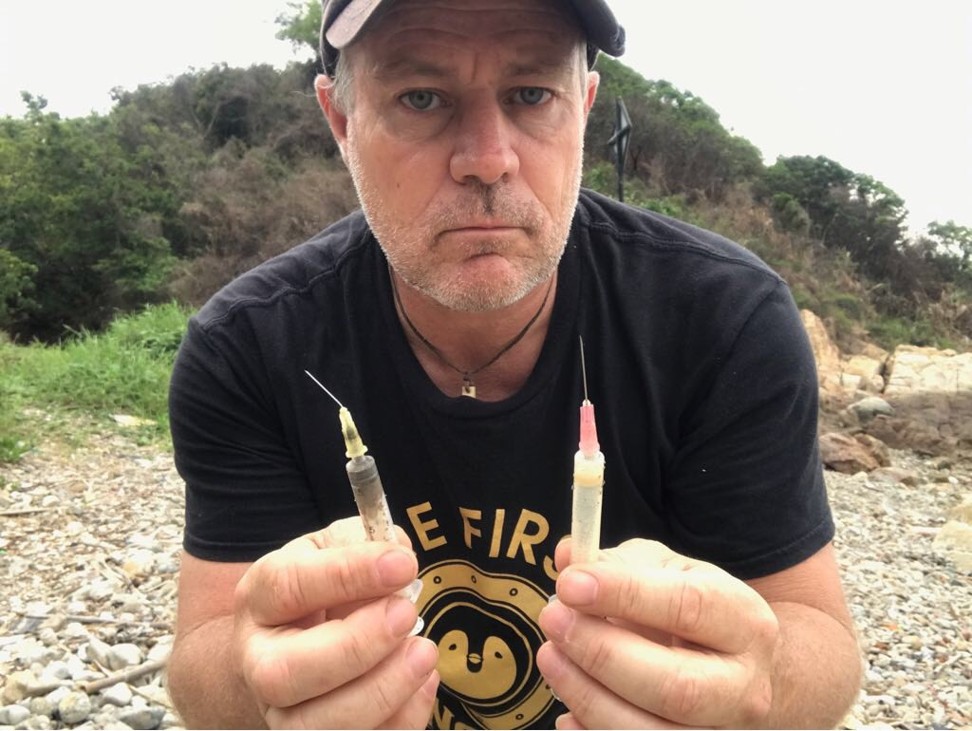
Solution long needed over medical waste
A dangerous tide of syringes and needles has been washed up on Hong Kong beaches for years, and it is time for effective enforcement and greater liaison with mainland authorities
For too long, medical waste washing up on the territory’s beaches has been a danger to the public. That sentence is actually reprinted from the South China Morning Post of October 31, 1993. Sadly, 25 years later, it does not need updating. It remains just as true today.
Outside the walls of hospitals, and medical and veterinary clinics, biosecurity is not a given. Questions remain about the security of waste such as medication, intravenous infusion bags, vials, syringes and needles, between the point of collection and delivery to a high-temperature incineration centre, and about the origin of some of it.
They have been raised again by our recent report, which highlighted the discovery of a full packet of anti-depression prescription medicine amid the usual range of clinical waste washed up on Pak Kok Tsui, a beach on the northern tip of Lamma Island, which is a hang-out for fishermen and children. Lamma resident Robert Lockyer, of environmental group Eco Marine, believes the waste is veterinary, agricultural and horticultural as well as medical.

To ensure the safe and proper disposal of medical waste, seven contractors are licensed to collect it from hospitals and clinics and deliver it within 24 hours to a licensed disposal facility. Lockyer says tides and currents indicated the waste on Pak Kok Tsui came from somewhere between Stanley and Pok Fu Lam. One theory is that it is dumped by contractors employed to deliver it for incineration.
Some of the medical waste, including hundreds of syringes found at Discovery Bay a few years ago, apparently came from the mainland.
Since 2015, under a control scheme introduced in 2011, the Environmental Protection Department has launched 700 checks targeting Chinese and Western medical facilities, veterinary clinics, laboratories and nursing homes after finding dumped medical waste. Clearly more needs to be done to find the source, perhaps by providing the department with more resources.
It is only good fortune that there have been no reports of serious injuries or infections from items washed up on beaches. The right laws may be in place, but without effective enforcement and liaison with mainland authorities to find the origin of the problem, they may not give the public or the environment the protection they deserve.

